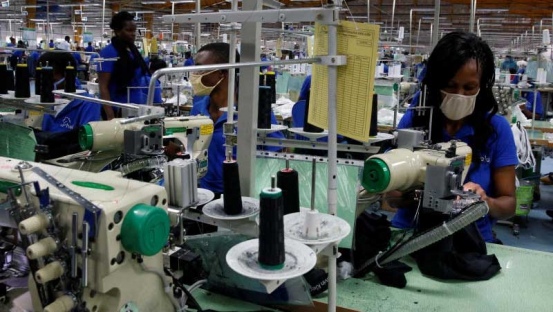×
The Standard e-Paper
Home To Bold Columnists

Even after massive job cuts throughout the year, most firms are still staring at losses as revenues fall.
This is mainly on the back of reduced business activities in an electioneering year, which were aggravated by a court petition that led to a repeat presidential election in October.






